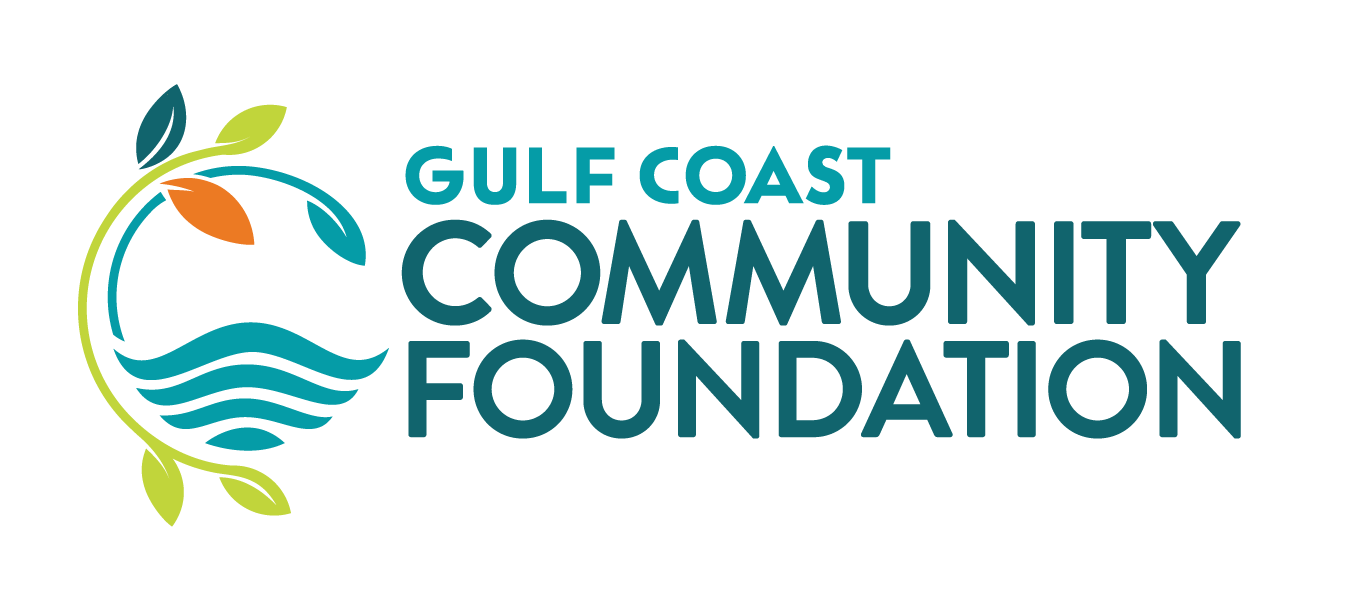The Gulf Coast Community Foundation accepts a variety of gifts, including real estate, stock, and artwork, from generous individuals dedicated to ensuring a positive future for our community. Donors can also make gifts through their estate plans, which allow them to defer their giving and create a legacy that benefits charitable organizations. Such gifts are often referred to as planned gifts. Planned gifts can relieve the tax burden on a donor’s estate and benefit a charitable organization or program. Below are descriptions of some of the planned gifts the Foundation can facilitate.
Bequests.
A bequest in your will or living trust can take a variety of forms such as a specific amount, a percentage of your estate, or a certain asset.
Charitable Remainder Trust.
By transferring assets to establish a Charitable Remainder Trust, you receive an immediate tax deduction and lifetime income for you or your named beneficiary. Eventually, when the trust’s term is complete, the remaining assets pass on to the Foundation.
Charitable Lead Trust.
When you create a Charitable Lead Trust, the Charitable Lead Trust makes regular income-tax-deductible gifts to the Foundation as the income beneficiary. When the trust terminates, the entire principal is returned to you or to your family.
Retirement Plan Donations.
Retirement plans are tax-deferred only until death. The remainder of these assets is subject to multiple taxes when included in your estate. Naming the Foundation as a beneficiary of your retirement fund is a great way to benefit the community and avoid significant, often unanticipated tax penalties.
Life Insurance Donations.
Life Insurance can be donated by designating the Foundation as a beneficiary; transferring ownership of a paid-up policy; donating dividends; or naming the Foundation as designated owner and beneficiary and making annual gifts to the Foundation to pay the premiums.
The Gulf Coast Community Foundation is not engaged in rendering legal, financial, or tax advice. Information in our publications is provided as a service to provide general information about charitable giving. Many topics related to charitable giving have complexities and nuances that cannot be adequately detailed in brief articles. Individuals’ personal situations may vary. Please consult your financial or legal advisor.
